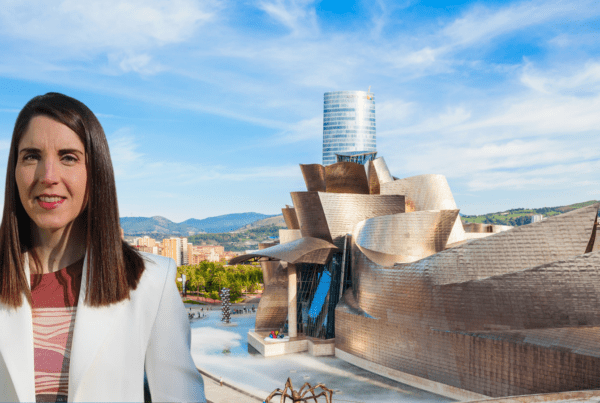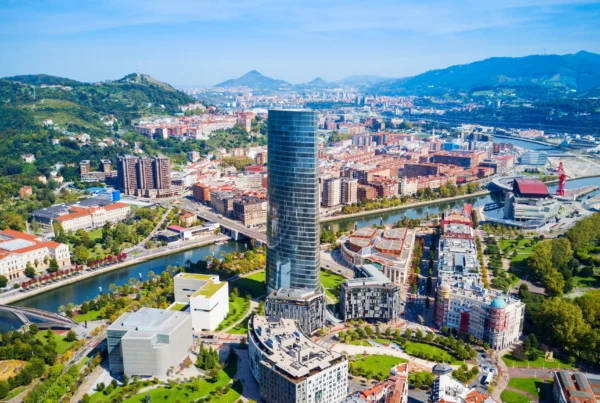How Amsterdam is reducing emissions by boosting the recycling of textiles
As the birthplace of denim labels and a European hub for global brands, the city of Amsterdam is renowned as an international denim capital. This sense of style is now going hand in hand with a growing environmental consciousness. As part of this, Amsterdam has launched the Denim Deal, an initiative to increase the share of recycled textiles in the city’s denim products.
The goal is that by the end of 2023, three million denim jeans containing 20% post-consumer recycled textiles will have been produced. In 2030, this will lead to reduction of carbon emissions by 2,400 kilotonnes, equivalent to a small coal plant.
The Denim Deal will work towards becoming the new industry standard in the denim industry and it is hoped its approach can be scaled up and replicated in other European municipalities. Indeed, the struggle for a waste-free circular economy cannot be achieved in isolation: work needs to be done with different actors along the whole supply chain.
A milestone contributing to the deal was the development of the automated sorting machine, Fibersort, which divides large volumes of mixed post-consumer textiles by fibre composition and colour. Such fine-grained sorting allows these materials to become uniform inputs for high-value textile-to-textile recyclers.
Multi-level cooperation brings results
The project, launched in 2020 by the City of Amsterdam, the Amsterdam Economic Board, the Dutch Ministry of Infrastructure and Water Management and the Municipalities of Haarlem and the Zaanstad, is a case study in cooperation across different levels of government.
The Denim Deal brings together over 40 partners including denim brands, policymakers, recycling companies and others. The initiative enables precise monitoring of the value chain of denim products and processes in the industry.
The project has been undertaken in the context of REFLOW, an EU-funded innovation project supporting the development of circular cities through the re-localisation of production and the reconfiguration of material flows.
Amsterdam is since 2009 a signatory of the Covenant of Mayors for Climate and Energy – Europe.

Advisor – Environment and mobility







